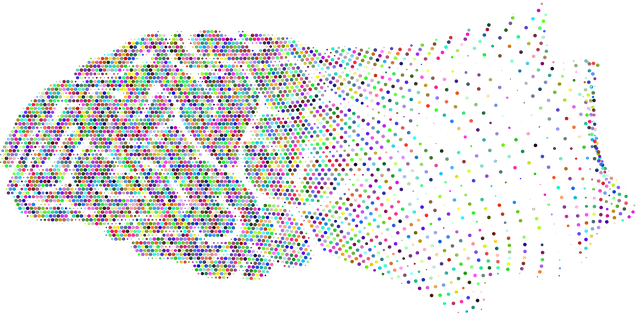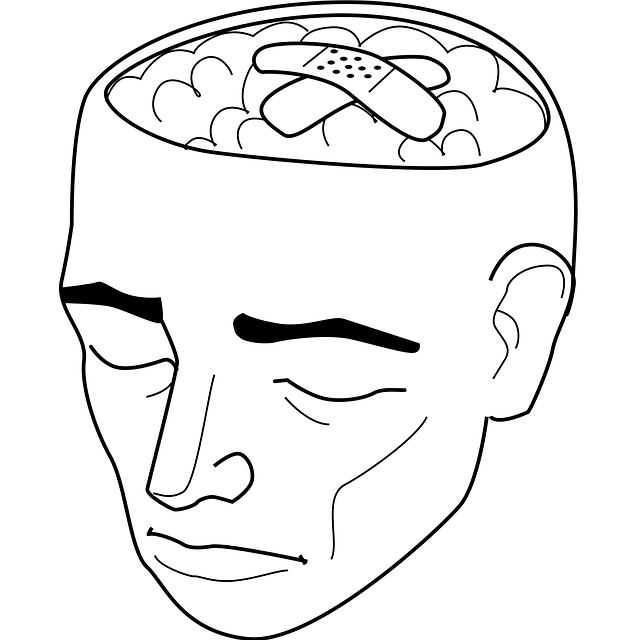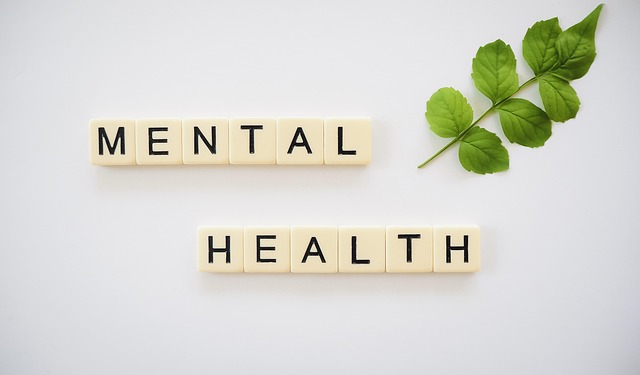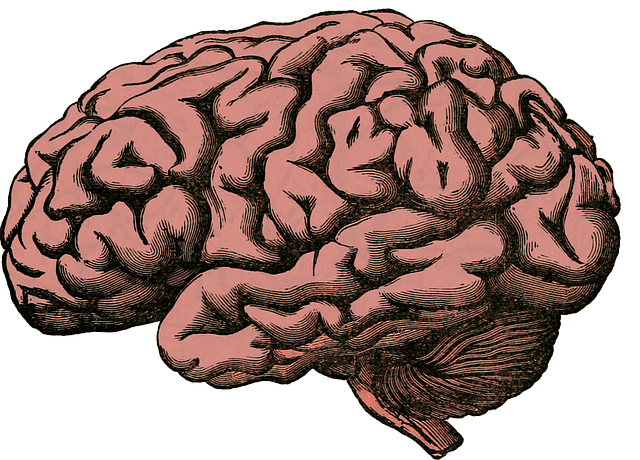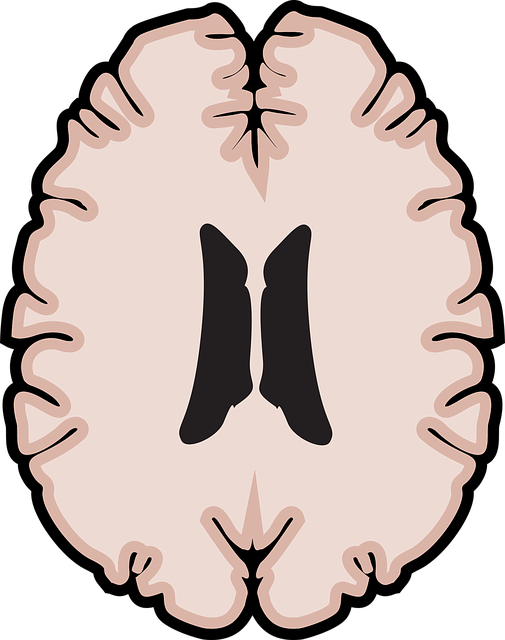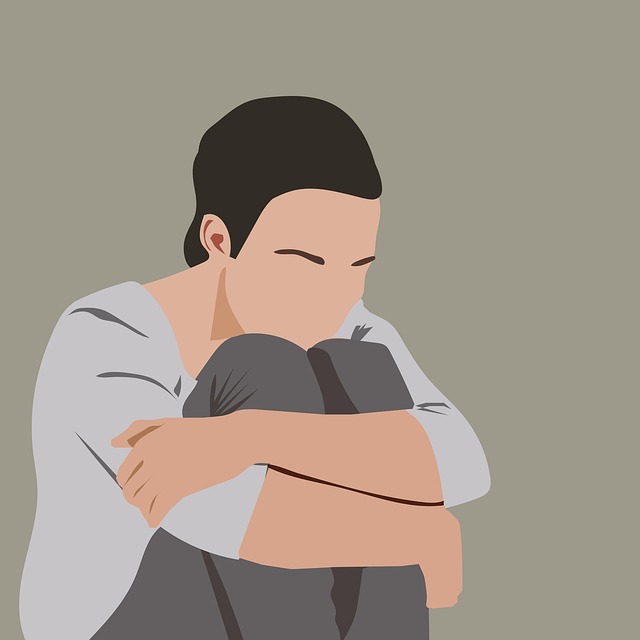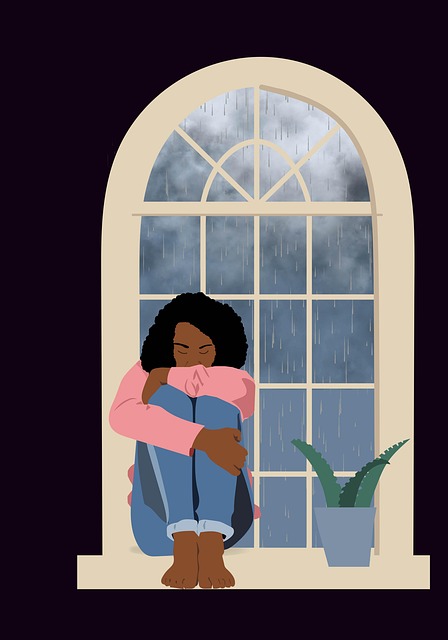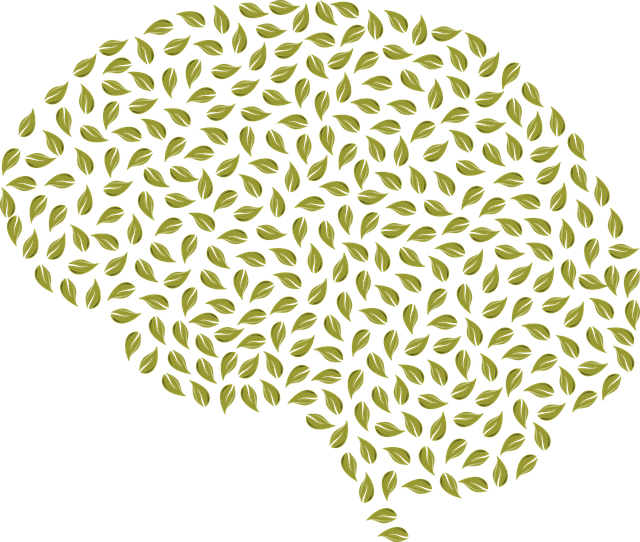Lone Tree Therapy is a pioneering mental health support system that leverages evidence-based practices, compassion, and nature-inspired self-care to reduce stigma and empower individuals. Their holistic approach includes mindfulness meditation for therapists, tailored interventions for underserved communities, and public education campaigns, all while advocating for better mental health policies. By addressing root causes of stress and anxiety, Lone Tree Therapy guides clients and professionals alike toward improved well-being and resilience.
Mental health advocacy is a vital aspect of creating a supportive society, and initiatives led by therapists and clinicians play a pivotal role in this transformation. This article explores innovative approaches like Lone Tree Therapy, which offers unique mental health support while empowering professionals to reach underserved communities. We delve into effective strategies for advocacy campaigns, highlighting key components and practical steps. Additionally, a case study presents the integration of Lone Tree Therapy into clinical practice, showcasing its impact and providing insights for professionals seeking to make a difference.
- The Role of Lone Tree Therapy in Mental Health Advocacy
- – Exploring the concept of Lone Tree Therapy and its unique approach to mental health support
- – How this model empowers therapists and clinicians to reach underserved communities
The Role of Lone Tree Therapy in Mental Health Advocacy

Lone Tree Therapy plays a pivotal role in the realm of mental health advocacy by addressing the critical issue of mental illness stigma reduction efforts. Through their unique approach, therapists and clinicians can effectively challenge societal norms that often perpetuate the stigmatization surrounding various mental health conditions. By integrating evidence-based practices with compassionate care, Lone Tree Therapy fosters an environment where individuals feel empowered to openly discuss their experiences without fear of judgment.
This advocacy initiative goes beyond mere talk; it translates into tangible stress reduction methods tailored to each client’s needs. Lone Tree Therapy encourages therapists to delve into the root causes of stress and anxiety, enabling them to guide clients toward embracing mind over matter principles. By fostering resilience and self-care practices, these therapy sessions not only treat existing mental health issues but also equip individuals with tools to navigate life’s challenges more effectively, ultimately promoting better overall well-being.
– Exploring the concept of Lone Tree Therapy and its unique approach to mental health support

Lone Tree Therapy represents a novel and innovative approach to mental health support, emphasizing the unique benefits of solitude and nature for therapists and clinicians. This concept transcends traditional therapy settings by encouraging professionals to engage in self-care practices inspired by nature. Through Lone Tree Therapy, therapists can enhance their own mental wellness by immersing themselves in tranquil environments, fostering a deeper sense of self-awareness exercises and mindfulness meditation.
By adopting this therapeutic approach, professionals are empowered to create a balanced mindset, which in turn positively influences their interactions with clients. The integration of Lone Tree Therapy for therapists complements existing practices like the Mental Wellness Podcast Series Production, offering a holistic strategy to support both mental health practitioners and the individuals they serve.
– How this model empowers therapists and clinicians to reach underserved communities

The model of Lone Tree Therapy offers a unique approach that empowers therapists and clinicians to effectively reach underserved communities, expanding access to mental health services. By fostering collaboration between healthcare professionals and local community leaders, this initiative ensures tailored interventions that resonate with diverse populations. This collaborative strategy not only increases the number of individuals who can benefit from therapy but also enhances the quality of care by incorporating cultural sensitivity and context-specific knowledge.
Through Public Awareness Campaigns Development, therapists can educate communities about mental health, reducing stigma and encouraging early intervention. Integrating Mental Health Policy Analysis and Advocacy into their practice allows clinicians to influence systemic changes, ensuring better resources and policies for those in need. Furthermore, by employing effective Stress Reduction Methods, therapists can provide practical tools to individuals within these underserved communities, empowering them to manage their mental well-being proactively.
Lone Tree Therapy represents a pioneering approach in mental health advocacy, empowering therapists and clinicians to extend their support to underserved communities. By embracing this unique model, professionals can enhance accessibility to care and significantly impact positive change in individuals’ lives. This initiative underscores the importance of innovative strategies in addressing mental health challenges, ensuring that help is available to all who need it.
